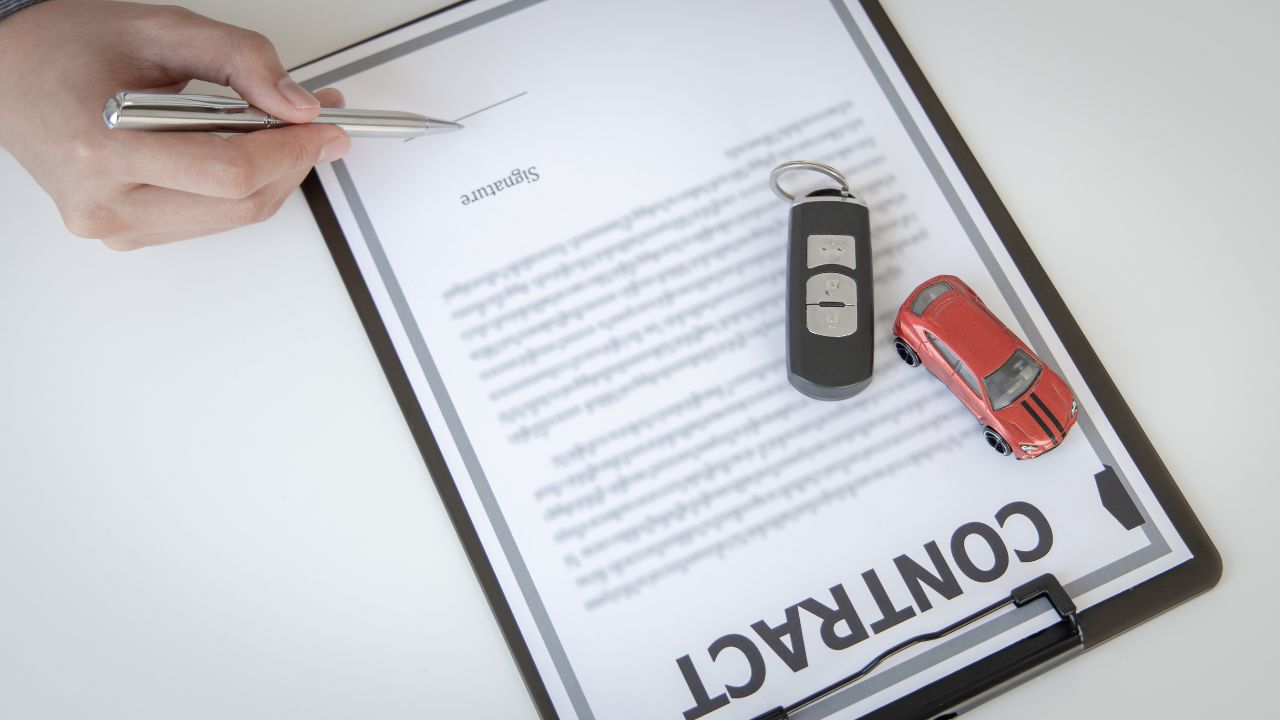Navigating Car Accident Claims in Riverside: What You Need to Know
Car accidents are an unfortunate reality in the bustling streets of Riverside, CA. Navigating the aftermath of such an incident can be daunting, especially when it comes to understanding and pursuing a car accident claim. This comprehensive guide aims to provide you with essential insights into the claims process, helping you to navigate these challenging times with confidence and clarity.
Understanding California’s Car Accident Laws
California’s car accident laws are based on a fault system, meaning the person responsible for the accident is also responsible for the damages. Understanding these laws is crucial in determining how to proceed with your claim. Key points include:
Fault and Liability: How fault is determined and its impact on your claim.
Statute of Limitations: California’s deadline for filing a car accident claim.
Comparative Negligence: How your compensation can be affected if you are partially at fault.
The Aftermath of a Car Accident: Immediate Steps to Take
The moments following a car accident are critical. Here’s what you need to do:
Ensure Safety: Move to a safe location if possible and check for injuries.
Call the Authorities: Report the accident to the police. A police report is a valuable document in your claim.
Document the Scene: Take photos of the accident, including vehicle positions and any visible injuries.
Exchange Information: Get contact and insurance details from all parties involved.
Seek Medical Attention: Even if you feel fine, some injuries manifest later.
Dealing with Insurance Companies: Tips and Tricks
Dealing with insurance companies can be one of the most challenging aspects of a car accident claim. Here are some tips to keep in mind:
Communication: Be cautious in your communications. Avoid admitting fault or giving detailed statements without legal advice.
Documentation: Keep detailed records of all conversations, including dates, times, and the names of the representatives you speak with.
Settlement Offers: Be wary of early settlement offers. They may not fully cover your damages.
The Role of a Car Accident Attorney in Your Claim
A car accident attorney can be a valuable asset in navigating your claim. They can:
Assess Your Claim: Provide a realistic assessment of what your claim is worth.
Gather Evidence: Collect and organize evidence to support your claim.
Negotiate with Insurance Companies: Handle all communications and negotiations on your behalf.
Common Pitfalls in Car Accident Claims and How to Avoid Them
Not Documenting Everything: Every detail matters in a car accident claim. This includes keeping a record of all medical treatments, saving receipts for any expenses related to the accident (like transportation to medical appointments), and maintaining a detailed log of missed workdays and lost wages. It’s also crucial to save all correspondence with insurance companies and involved parties.
Underestimating Your Injuries: It’s common for the full impact of injuries to manifest days or even weeks after an accident. Always seek a thorough medical evaluation and follow-up appointments. Documenting this process is vital, as it establishes a clear link between the accident and your injuries, which is crucial for your claim.
Posting on Social Media: In today’s digital age, it’s second nature to share life events on social media. However, posts about your accident or recovery can be misconstrued and used against you by insurance companies. It’s best to limit your social media activity regarding the accident or consult with your attorney before posting anything related to your claim.
Accepting the First Settlement Offer: Early settlement offers might be tempting, especially when facing mounting bills. However, these initial offers are often significantly lower than what you might need or deserve. It’s important to fully understand the long-term impact of your injuries and other losses before accepting any offer.
Negotiation Strategies for a Higher Settlement
Know the Value of Your Claim: An in-depth understanding of your claim’s value involves more than just adding up current expenses. It includes future medical costs, potential long-term care, lost future earnings, and the impact on your quality of life. A detailed life care plan can be beneficial in quantifying these future needs.
Use Evidence Effectively: Strong evidence is the backbone of your negotiation. This includes medical reports, witness statements, expert testimonies (if applicable), and a well-documented account of the accident. Presenting this evidence effectively can strengthen your position significantly.
Communicate Clearly: Clear, concise, and factual communication is key. Avoid emotional pleas; instead, rely on the facts and evidence of your case. Articulate the impact of the accident on your life logically and methodically.
Be Patient: Negotiations can be a test of patience. It’s important to resist the urge to settle quickly, especially if the offer does not meet your needs. A prolonged negotiation can often lead to a more favorable settlement.
When to Accept a Settlement Offer
Fair Compensation: Assess whether the offer covers all aspects of your claim, including current and future medical expenses, ongoing care costs, lost wages, and compensation for pain and suffering. It’s crucial that the settlement addresses the full extent of your losses.
Legal Advice: Your attorney’s input is invaluable in evaluating a settlement offer. They can provide an informed perspective based on their experience and understanding of similar cases, helping you determine whether the offer is fair and just.
Your Circumstances: Personal circumstances play a significant role in the decision. This includes considering your immediate financial needs, your willingness to engage in potentially lengthy legal proceedings, and the emotional and physical toll of continuing the legal battle.
How an Attorney Can Influence the Outcome of Your Settlement
Expertise in Law and Negotiation: An attorney brings a deep understanding of legal procedures and the nuances of negotiation. Their expertise can be crucial in identifying and leveraging the strengths of your case while mitigating its weaknesses.
Objective Perspective: An attorney can provide a much-needed objective perspective on your case, helping to make decisions based on legal merit rather than emotional responses. This objectivity is crucial in negotiations and decision-making processes.
Advocacy: Your attorney is your advocate, ensuring that your rights are protected and your voice is heard. They work tirelessly to represent your interests, whether in negotiation with insurance companies or in the courtroom.
Navigating a car accident claim in Riverside, CA, can be complex and challenging. Understanding the nuances of the law, the importance of thorough documentation, and the role of skilled negotiation are key to securing a fair settlement. Remember, you don’t have to face this process alone. Seeking the assistance of a knowledgeable car accident attorney can provide you with the guidance and support you need to navigate these turbulent waters successfully.


